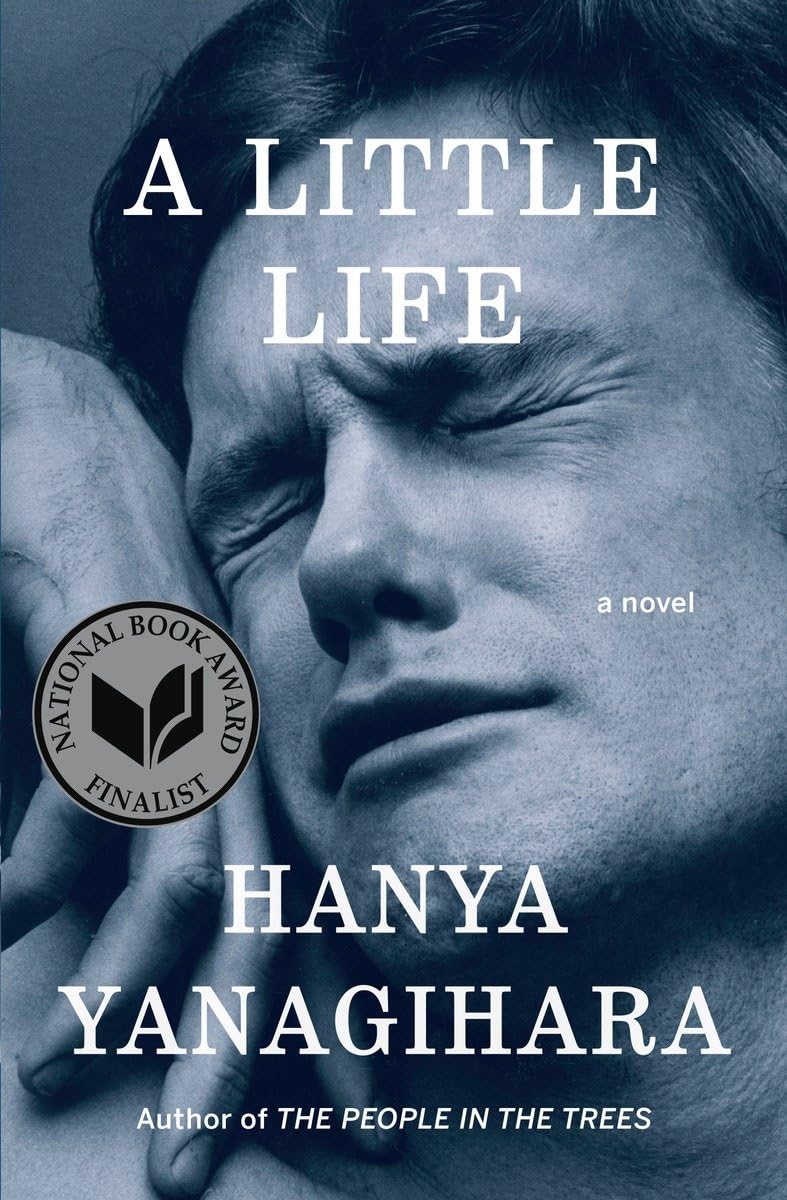Chapter 1: Grief and Moving Forward
byChapter 1 begins every night, as he found himself trapped in the echoes of their past, recalling the conversations they once had, the dreams they had meticulously woven together, and the life they had planned but would never live. Each plan had felt like a brick laid in the foundation of their future, carefully crafted with an unshakable certainty that they would grow old together, shaping a life that was uniquely theirs. But now, that foundation had crumbled, leaving behind nothing but fragments of what could have been, scattered across the lonely landscape of his grief. Without Willem, there was no home to build, no future to sculpt, only a past to turn over and over again, as if he could somehow smooth the jagged edges of sorrow by reliving it.
The joy they had shared in those early years had been real, tangible, and deeply felt, but so, too, had been the struggles—the uncertainty, the sacrifices, the quiet fears of what lay ahead. Despite those challenges, they had each other, and that had been enough. Would he trade his current sorrow to return to those days? Perhaps not, but the ache for just one more moment, for the simple comfort of Willem’s presence, was an unrelenting hunger—one that neither time, success, nor any amount of distraction could ever satisfy. He longed for the sound of Willem’s voice, the warmth of his laughter filling their apartment, and the small, mundane gestures that had once been so effortless yet now felt so impossibly out of reach.
As his gaze drifts across the room, his eyes settle on the wooden bust Richard had carved, a tribute to the life and love that had once defined his world. There were scale models of buildings, reminders of dreams they had envisioned together, their presence a stark contrast to the emptiness he now carried inside. These objects, though inanimate, felt like relics of a love that refused to disappear, a testament that Willem had lived, that their time together had mattered, that even in death, their story had not been erased. These artifacts of their life together were not just symbols of grief but of love, proof that even though everything had changed, some things remained—memories, emotions, and the profound impact of having loved and been loved in return.
In that moment, clarity settles over him like a quiet revelation—it is not escape that he truly seeks, nor the erasure of pain, but rather a way to carry it without being consumed by it. He finally understands that grief is not something to outrun or outlast, but something that must be lived alongside joy, woven into the fabric of his existence. To deny the pain would be to deny the depth of the love they shared, and that was something he could never allow. His suffering was not just an affliction—it was a tribute, a reflection of something too deep to fade, and in that realization, he feels the first small shift toward acceptance.
With a deep, unsteady breath, he makes a choice—to reach out, to reconnect, to stop retreating from the world that still holds pieces of Willem in it. The loss had carved an emptiness inside him, but it had also taught him the value of those who remained, the people who had stood by him even as he pushed them away. JB, Harold, Richard—his friends who still hovered at the edges of his solitude, waiting for him to let them back in. Maybe he would never heal completely, but perhaps he could start rebuilding, not in the way he and Willem once imagined, but in a way that honored the love they had shared.
Perhaps, in time, these small steps toward the world would lead him to something resembling healing, or maybe the wound would remain forever raw. But even if healing never fully came, he would keep moving forward—not for himself, but for Willem, because that’s what love demanded, even in death. The pain would never leave him, but neither would the love, and somehow, he had to find a way to carry both, to exist in a world where sorrow and love intertwined, neither negating the other.
He moves toward his desk, feeling the weight in his chest shift, not lightened but no longer unbearable, as though the burden of grief had reshaped itself into something he could carry. His fingers hover over his phone, scrolling until he lands on JB’s name, the act so small yet monumental in what it represents. With a quiet breath, he presses call, letting the silence stretch as the line rings, then whispers into the emptiness of the room, “For you, Willem. Always for you.”


